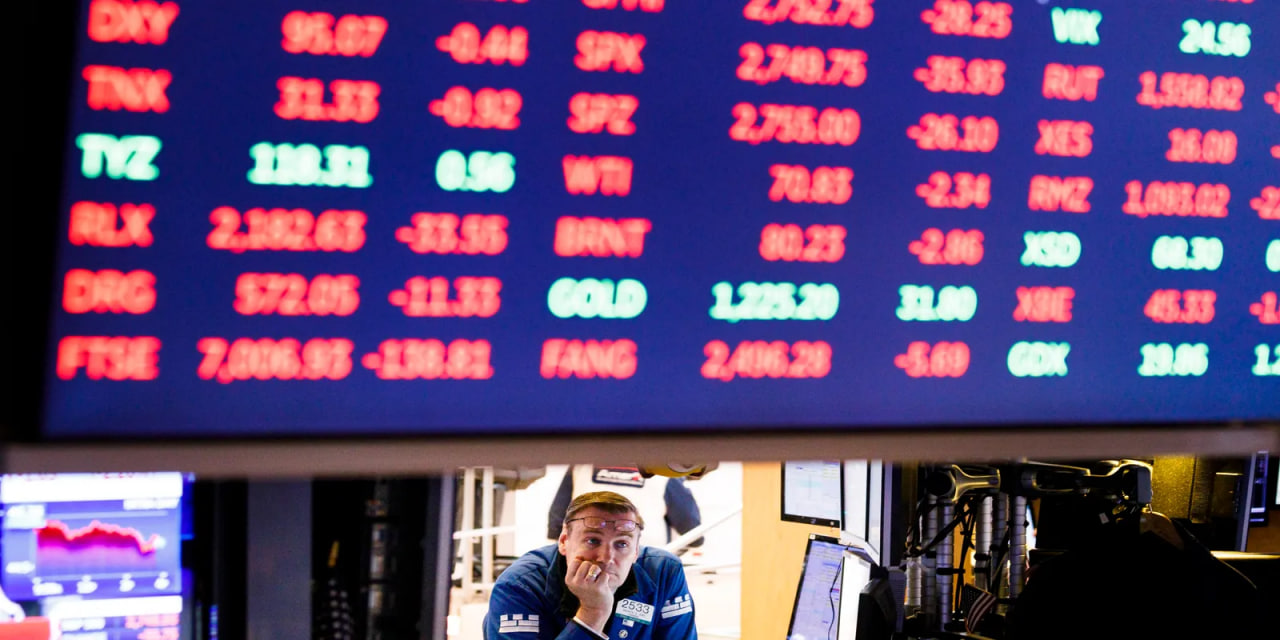TikTok Shop in the US: A Looming Ban and the Future of Social Commerce
Meta Description: TikTok Shop faces a potential US ban in January 2025, impacting millions of users and businesses. This in-depth analysis explores the implications for sellers, the platform's future, and potential alternatives. #TikTokShop #USBan #SocialCommerce #CrossborderEcommerce #TikTok
The air is thick with uncertainty. A ticking clock counts down to January 19th, 2025 – the deadline for TikTok to divest from its parent company, ByteDance, or face a complete ban in the United States. This isn't just another tech spat; it's a seismic event threatening to shake the foundations of a burgeoning social commerce landscape, leaving millions of users and businesses hanging in the balance. For TikTok Shop, a platform that has experienced meteoric growth in the US market, the stakes are incredibly high. The potential loss isn't just about downloads and views; it's about the livelihoods of countless American small businesses who rely on TikTok for their survival, and the millions of dollars in revenue that could vanish overnight. This impending ban poses a critical question: can the platform navigate this turbulent storm, or will it be forced to abandon ship, leaving behind a wake of economic disruption in its path? This detailed analysis delves into the heart of the matter, exploring the implications of the ban, examining strategies for sellers, and investigating the future of social commerce in the US. We'll unpack the legal battles, assess the economic impact, and ultimately, try to answer the burning question on everyone's mind: what happens next? Get ready to dive into the intricacies of this high-stakes drama.
TikTok Shop US Ban: A Deep Dive into the Crisis
The recent ruling by the US Court of Appeals upholding the Biden administration’s mandate to force the sale of TikTok within a strict timeframe has sent shockwaves through the e-commerce world. For many, the news is nothing short of catastrophic. Just days before this legal blow, TikTok Shop proudly announced record-breaking Black Friday sales in the US, boasting a 176% surge in GMV and a triple-digit increase in daily GMV compared to the previous year. This success story, however, is now overshadowed by the looming threat of a complete shutdown.
The potential consequences are staggering. TikTok claims that a ban could lead to a $1.3 billion loss in revenue for American small businesses and creators within the first month alone – a number that would only escalate with continued disruption. The platform's own ambitious targets for 2024—a tenfold increase in GMV to $17.5 billion—now seem like a distant dream. This isn't just about TikTok; it's about the broader ecosystem of businesses that have built their success on the platform.
The Legal Battle: A Summary
The legal wrangling between TikTok, ByteDance, and the US government has been a rollercoaster. The initial executive order was met with immediate legal challenges from TikTok, arguing that the forced divestiture was practically impossible to achieve within the given timeframe. The recent court ruling, however, has dealt a significant blow to TikTok's efforts, leaving them with a last-ditch appeal to the Supreme Court.
The situation is fraught with complexities. The heart of the matter lies in national security concerns, with the government citing potential risks related to data privacy and Chinese influence. Whether these concerns outweigh the economic implications of a ban remains a critical point of contention.
Impact on Sellers: A Case Study
The impact on sellers is multifaceted. Many Chinese cross-border sellers, who've seen considerable success on TikTok Shop US, now find their businesses hanging precariously in the balance. One seller, Zhang Xuan (pseudonym), who transitioned from Amazon to TikTok Shop, reported impressive single-stream GMV figures (up to $80,000). His experience reflects the potential profitability of the platform, but also underscores the vulnerability of relying on a single marketplace.
Smaller sellers are particularly vulnerable. They lack the diversification of larger players, leaving them with limited options if TikTok Shop is forced to shut down. This creates a domino effect, impacting not only the sellers themselves but also potentially destabilizing the supply chain and impacting millions of consumers who rely on the platform for their shopping needs.
The Race Against Time: Strategies for Sellers
The situation demands decisive action. Sellers must actively explore contingency plans. Diversifying across multiple platforms, such as Temu, Amazon or Shopify is crucial. Building a strong brand presence outside of TikTok is also a smart move. It's not just about shifting goods; it involves nurturing relationships with customers and establishing alternative channels for engagement. Adaptability is key; those who can quickly shift strategies will be best positioned to weather the storm.
| Strategy | Pros | Cons |
|------------------------------|-------------------------------------------|---------------------------------------------|
| Diversification (Temu, Amazon) | Reduced reliance on single platform | Increased operational complexity |
| Brand Building (website, social) | Enhanced control, customer loyalty | Higher initial investment |
| Inventory Management | Optimized stock levels, reduced waste | Requires careful forecasting and planning |
| Customer Relationship Management (CRM) | Improved customer retention, increased sales | Needs investment in CRM software and expertise |
The Future of Social Commerce in the US
The potential ban raises fundamental questions about the future of social commerce in the US. If TikTok Shop disappears, it would leave a significant gap in the market. While other platforms exist, none replicate the unique combination of virality, engagement, and ease of use that TikTok offers.
The uncertainty surrounding TikTok's future in the US has broader implications for the global social commerce landscape. Other countries might be hesitant to embrace similar platforms, fearing similar regulatory crackdowns. This could stifle innovation and limit growth in a sector with massive potential.
FAQ
-
What are the chances of a TikTok ban? While nothing is certain, the recent court ruling significantly increases the likelihood of a ban unless the Supreme Court intervenes.
-
What alternatives exist for TikTok Shop sellers? Platforms like Amazon, Temu, Shopify, and Instagram Shopping offer viable alternatives, but each has its own unique challenges and opportunities.
-
How will the ban impact consumers? The ban could limit consumer choice, potentially affecting access to certain products and services.
-
What is the role of national security concerns in the ban? The US government's primary concern is the potential for data breaches and Chinese influence, which are seen as national security threats.
-
What is TikTok doing to avoid a ban? TikTok is appealing to the Supreme Court, hoping to overturn the lower court's ruling and secure its future in the US.
-
Are there precedents for bans like this? While not identical, other apps have faced restrictions or bans in various countries due to regulatory concerns or national security issues.
Conclusion
The fate of TikTok Shop in the US remains uncertain. While a ban carries immense economic consequences, the underlying national security concerns are also significant. Regardless of the outcome, this situation underscores the inherent risks associated with operating in a rapidly evolving technological and political landscape. For sellers, the key takeaway is the urgent need for diversification and adaptability. The future of social commerce in the United States, meanwhile, hinges on how effectively alternative platforms can fill the potential void left by TikTok Shop, and how policymakers balance national security with economic realities. The coming weeks and months will be pivotal in shaping the future of this important sector and the millions of consumers and businesses relying on its continued growth.



